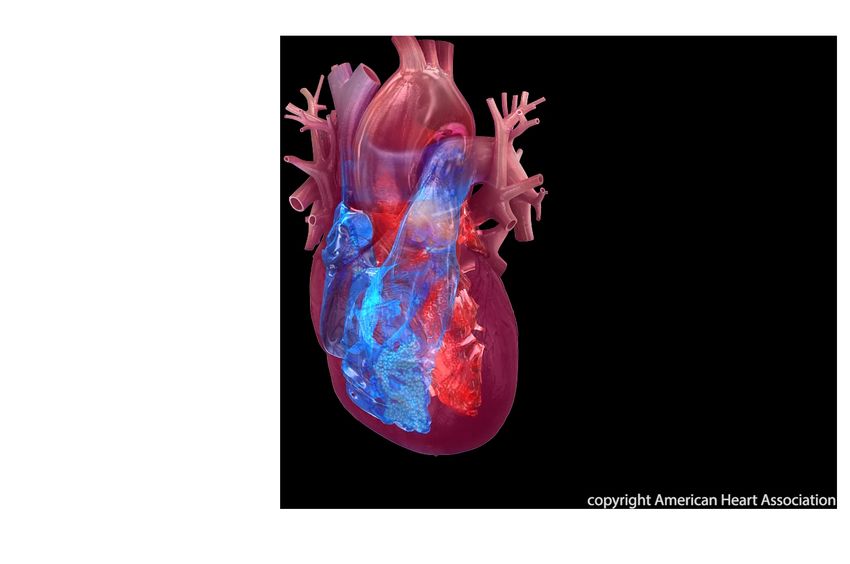
The American Heart Association (AHA) has announced a groundbreaking new initiative aimed at enhancing in-hospital care for individuals suffering from heart failure with preserved ejection fraction (HFpEF) and heart failure with mildly reduced ejection fraction (HFmrEF). These two conditions together account for up to 75% of all heart failure cases, yet they remain under-researched compared to other types of heart failure.
The “IMPLEMENT-EF” quality improvement initiative seeks to address these disparities by identifying gaps in patient care and defining optimal care models. The initiative’s focus is on improving early recognition and the initiation of evidence-based treatments to enhance health outcomes for those affected by HFpEF and HFmrEF.
Understanding Ejection Fraction and Heart Failure Types
Ejection fraction (EF) is a critical measurement used to assess heart function, representing the percentage of blood leaving the left ventricle with each heartbeat. A normal EF ranges from 55% to 70%. HFpEF occurs when an individual has heart failure but maintains an EF of 50% or higher, indicating that while the heart muscle contracts, the left ventricle does not relax properly during filling. In contrast, HFmrEF is characterized by a reduced EF of 41%-49%.
Treatment for these conditions requires not only early detection but also the prompt application of scientific, evidence-based therapies. The initiative, supported by Bayer, aims to engage a network of multidisciplinary care teams, including pharmacists, to ensure patients receive and adhere to appropriate medications.
Implementing Change Through Education and Collaboration
The AHA plans to enhance clinical understanding and promote best practices through a variety of educational offerings. These include a podcast series, an eLearning module, and live presentations. A Science Advisory Panel will be convened to guide the development of these educational materials, ensuring they are grounded in the latest research and clinical insights.
“Improving care for people experiencing heart failure with preserved or mildly reduced ejection fraction requires more than just clinical knowledge. It demands a coordinated, team-based approach,” said Mariell Jessup, M.D., FAHA, chief science and medical officer of the American Heart Association.
The initiative has already recruited 40 hospitals to participate in its inaugural program. These facilities will collaborate with each other and with nationally recognized experts, gaining access to exclusive educational resources and sharing successful quality improvement models.
Expert Support and Broader Implications
Robert Perkins, M.D., M.P.H., FACP, vice president of U.S. medical affairs cardiovascular and renal at Bayer, expressed strong support for the initiative. He emphasized the importance of advancing science to transform patient care, particularly in areas where evidence and treatment gaps persist.
“We are committed to advancing science that transforms patient care, especially in areas like HFpEF and HFmrEF, where gaps in evidence and treatment persist,” Perkins stated. “We’re proud to support this American Heart Association initiative to help identify and scale effective care models that can improve outcomes for the millions of people living with these forms of heart failure.”
The findings from the IMPLEMENT-EF initiative are expected to inform the AHA’s broader approach to patient care and help scale effective, replicable models nationwide. By leveraging real-world data and fostering collaboration among diverse care teams, the initiative aims to elevate the standard of care and improve outcomes for millions of heart failure patients.
For more information and updates on the initiative, visit heart.org/IMPLEMENTEF.







